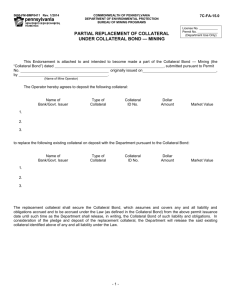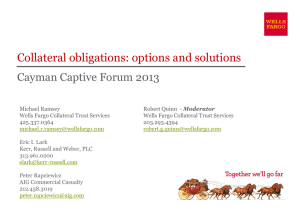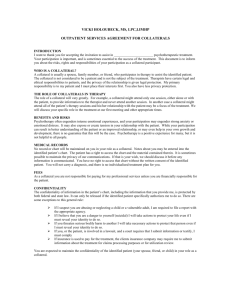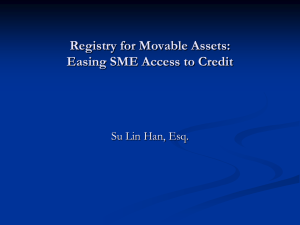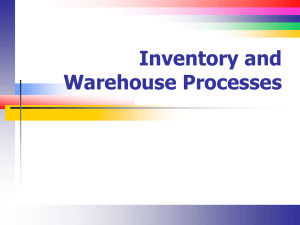warehouse receipt
advertisement
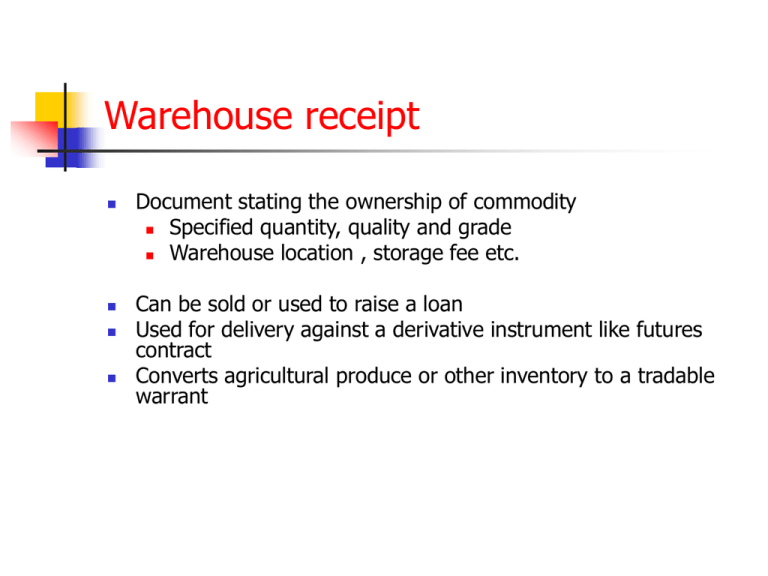
Warehouse receipt Document stating the ownership of commodity Specified quantity, quality and grade Warehouse location , storage fee etc. Can be sold or used to raise a loan Used for delivery against a derivative instrument like futures contract Converts agricultural produce or other inventory to a tradable warrant Legal status of warehouse receipt Conventionally accepted as a ‘document of title’ Transferability contingent on terms and conditions of issuer or by law Generally issued as transferable receipt Not a bearer instrument Need endorsement for transferring the rights Notice of endorsement need to be submitted to warehouse Non-negotiable instrument Issues in warehouse receipt structure Warehouse receipt not a negotiable instrument in India - Transfer of title is possible with endorsement - But title not free from any outstanding claims Low credibility of the ‘warehouse' issuing the receipt - No independent warehouse accreditation body Lack of - Performance guarantees and reliable insurance cover - Confidence in quantity and quality of underlying commodity Prerequisite for negotiability status Grading standards for commodities Market’s confidence in the warehouse operators Independent approval or accreditation Insurance and performance guarantee External supervision and monitoring Confidence in quality and quantity of stock Circulation of genuine receipts Easy transferability of commodity ownership - Electronic holding of commodity balances Why banks do not lend against commodities? Price risk -no mechanism for hedging commodity price Credit risk -inadequate structures to transfer risk from borrower to commodity Operational risk –poor state of warehouse management process and control on collateral Inadequate and irregular MIS on stock holdings Concept of collateral management Collateral is an asset or a third-party commitment accepted by the collateral taker to secure an obligation of the collateral provider. “Collateral” has the same meaning as “security” Transaction intended to protect against performance risk of counter party. Collateral Management involves managing the collateral on behalf of the collateral taker Role of collateral manager Ensures adequate accredited warehousing space Ensures quality and quantity of warehoused goods Backs the same with guarantees and insurance Provides in-bound and outbound logistics support Advisory and Inventory Management services Provides on-line and accurate reporting National Collateral Management Service Ltd. (NCMSL) The first national level Collateral Management company to be set up in India Institutional promoters: - NCDEX - Audit Control & Expertise (ACE) - ICICI Bank - Canara Bank - Corporation Bank - Punjab National Bank Other interested institutions : - Indian Farmers Fertilizer Co-operative Limited (IFFCO) - HDFC Bank

